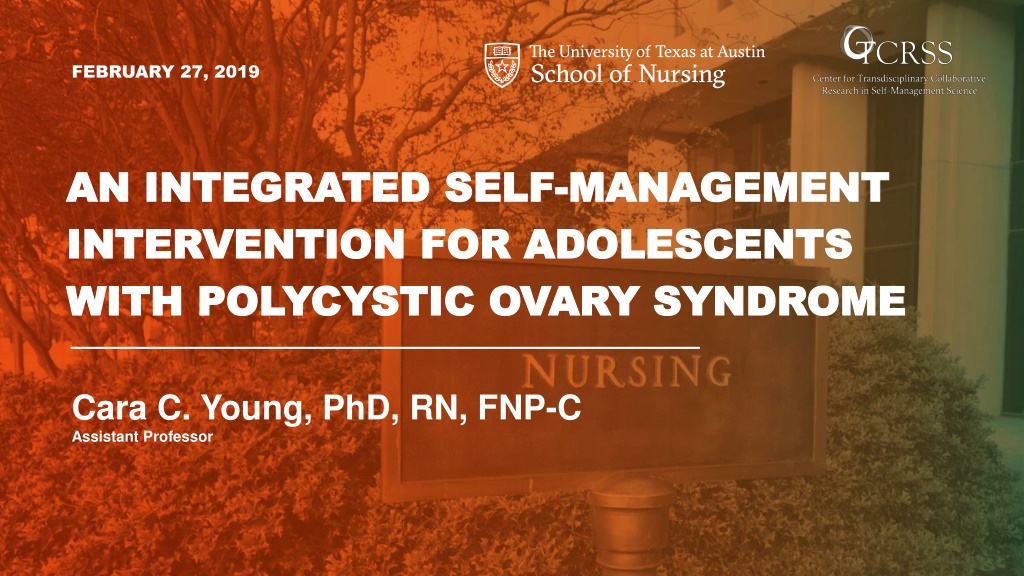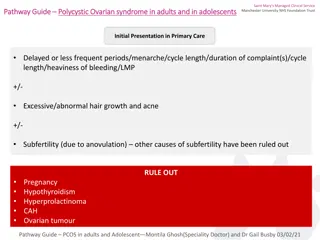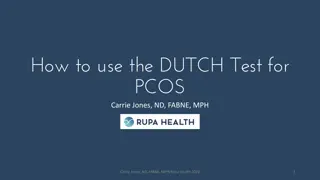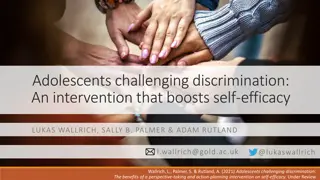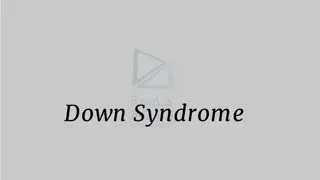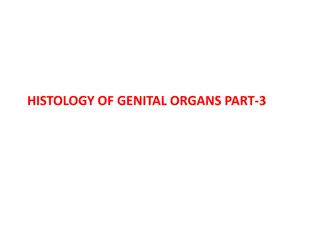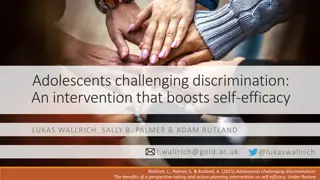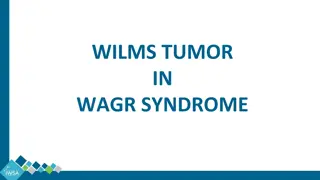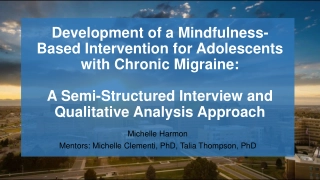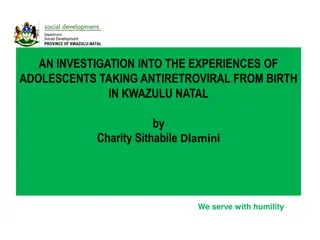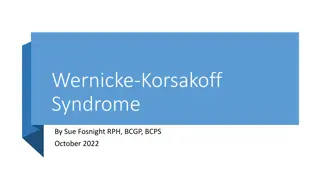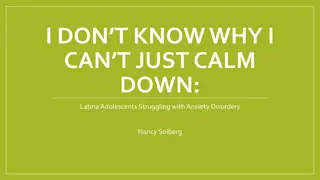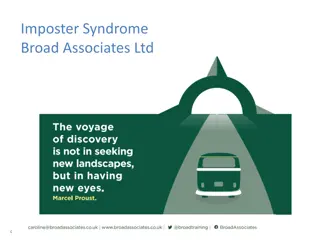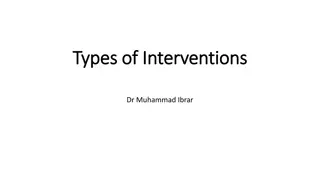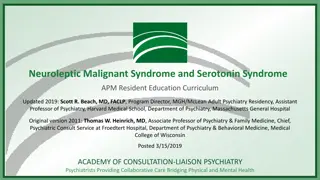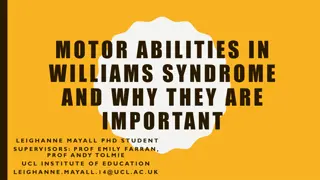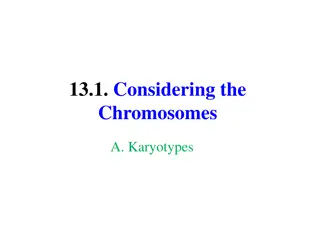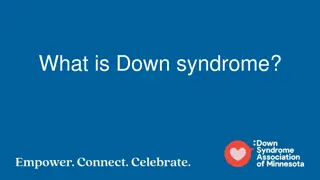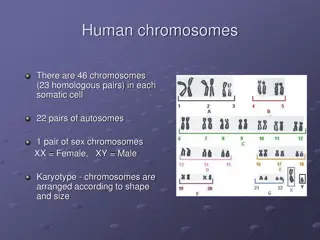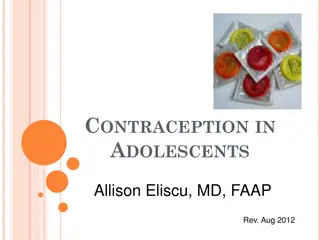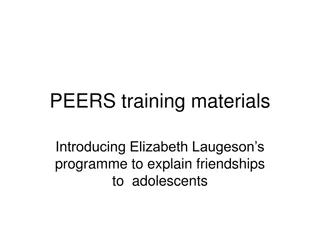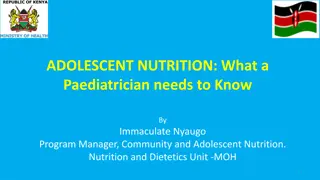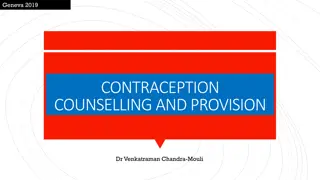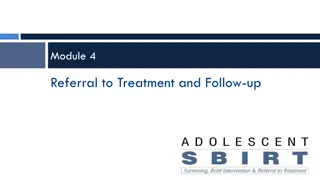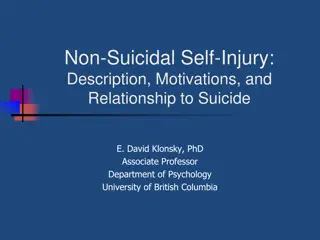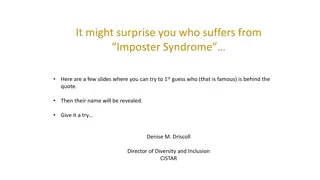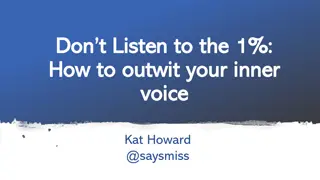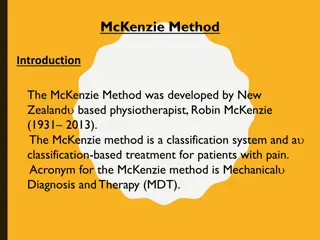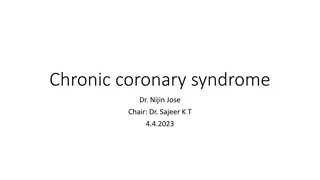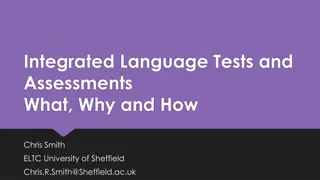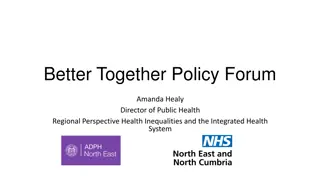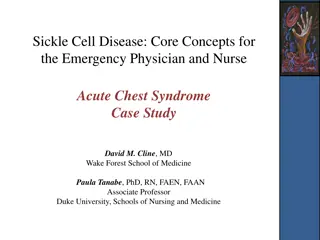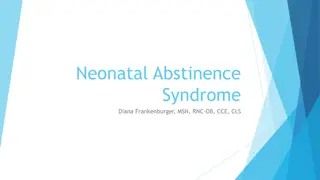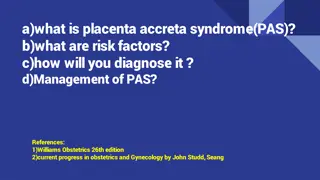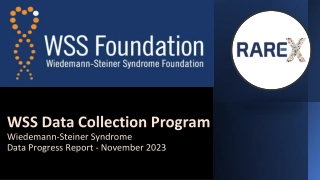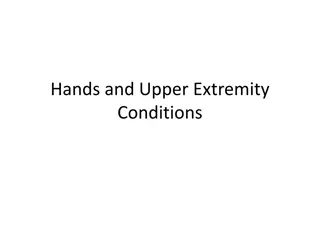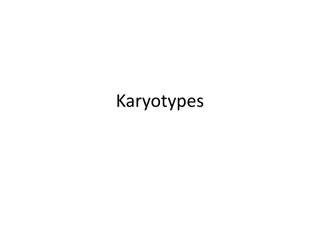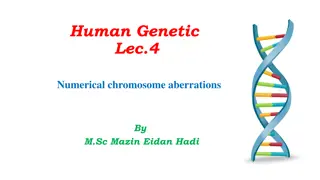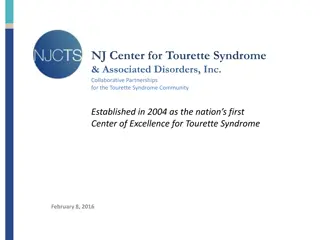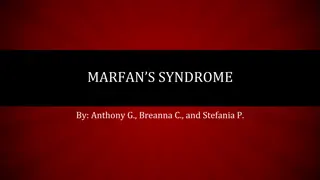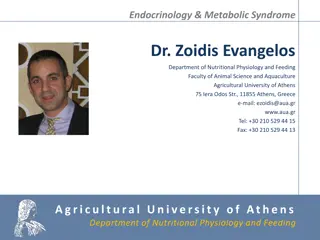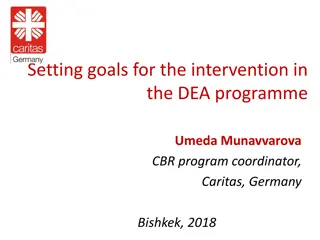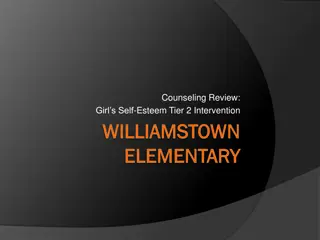Integrated Self-Management Intervention for Adolescents with Polycystic Ovary Syndrome
Research led by Cara C. Young focuses on developing a mindfulness-based healthy lifestyle intervention for adolescents with polycystic ovary syndrome (PCOS) and their parents. The study aims to improve self-management capabilities among adolescents with PCOS, a condition that impacts both physical and mental health. Lessons learned from focus groups highlight the importance of health promotion and mindfulness in enhancing overall well-being, despite challenges like the need for bilingual staff and recruitment inefficiencies.
Download Presentation

Please find below an Image/Link to download the presentation.
The content on the website is provided AS IS for your information and personal use only. It may not be sold, licensed, or shared on other websites without obtaining consent from the author. Download presentation by click this link. If you encounter any issues during the download, it is possible that the publisher has removed the file from their server.
E N D
Presentation Transcript
FEBRUARY 27, 2019 AN INTEGRATED SELF AN INTEGRATED SELF- -MANAGEMENT INTERVENTION FOR ADOLESCENTS INTERVENTION FOR ADOLESCENTS WITH POLYCYSTIC OVARY SYNDROME WITH POLYCYSTIC OVARY SYNDROME MANAGEMENT Cara C. Young, PhD, RN, FNP-C Assistant Professor
Mission of the School of Nursing (SON) Research at the SON is designed to improve the health of underserved, vulnerable, and under-studied populations. This approach supports the idea that nursing research underpins graduate education and advances the science of health promotion and disease prevention.
Background & Rationale PCOS affects 7-18% of reproductive-age women (manifests during adolescence) Associated with multiple morbidities Often distressing physical manifestations Adverse impact on mental health, which in turn may impact self-management
Study Design & Population Study Design Phase 1: Series of focus groups to explore self-management and develop a mindfulness-based healthy lifestyle intervention Phase 2: Pilot RCT testing Project WOW vs Enhanced Usual Care Control Population Phase 1: Adolescents (14-18 years) with PCOS and parents of adolescents with PCOS Phase 2: Adolescents (14-18 years) with PCOS, OR (obesity AND secondary amenorrhea), OR (excessive and frequent menstruation)
Lessons Learned Focus groups provided important insights to both individual and family self- management of PCOS & significant contribution to final intervention Focus on health promotion vs. weight loss (Project Working to Optimize Wellness: Project WOW) Inclusion of sleep as a primary intervention target Design change necessary due to focus group participants requesting to be in the intervention Using mindfulness as a foundation of paying attention to their thoughts and current health behaviors with non-judgment and self-compassion has been highly acceptable to participants (and contributed to health behavior change and improved psychological well-being).
Challenges Need for bilingual staff and materials from the early stages Clinic-based recruitment inefficient for group- based interventions Scheduling of group interventions challenging Recruitment methods missing many vulnerable adolescents (e.g., undiagnosed, lack of access)
Ways of Addressing Challenges Request necessary resources up front Be creative and plan for as varied of recruitment methods as possible Alternate intervention delivery mechanisms Utilizing technology platforms for delivery may not be ideal, but
Voltaire: The best is the enemy of the good. Confucius: Better a diamond with a flaw than a pebble without. Shakespeare: Striving to better, oft we mar what s well. Don t let the perfect be the enemy of the good
THANK YOU THANK YOU
